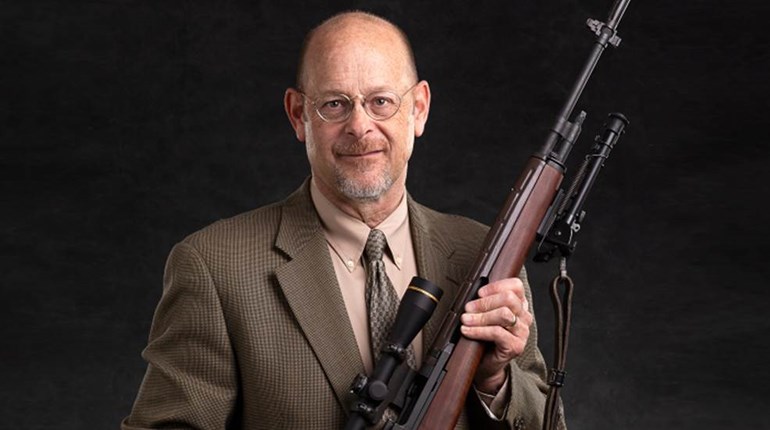
Many people who seek to infringe on Second Amendment rights advocate the passage of “harsher gun laws” to allegedly benefit the common good. But does anyone actually understand what “harsher gun laws” mean for a state’s economy?
Most advocates for arbitrary and unconstitutional restrictions on the freedoms of gun manufacturers claim to be targeting only certain businesses and customers. This logic is false. These misinformed reformers make the naïve assumption that the gun industry is a separate entity from the rest of the American economy. Nothing could be further from the truth.
In reality, the gun manufacturing industry—like the automobile manufacturing industry—is intrinsically entwined with the broader economy all across the United States.
Every time rashly adopted “harsher gun laws” cause a manufacturer to impose cutbacks or move, it affects ordinary people’s lives and their ability to earn an honest living.
According to the 2018 Economic Impact Report of the National Shooting Sports Foundation (NSSF), firearms and ammunition manufacturers contributed an average of $51 billion to the nation’s economy—not just by selling guns, but by stimulating many diverse jobs including retail, printing, box manufacturing, plastic manufacturing and small metalwork. The industry and its employees also created an average of $6.78 billion in property, income and sales-based taxes in addition to over $717.81 million in federal excise taxes, according to the report.
Legal blows aimed at gun manufacturers will hit ordinary workers in ordinary jobs—like workers at food-delivery companies serving workers at manufacturing plants. Cuts to gun manufacturers and employee layoffs will also drain revenue from stores and restaurants located in areas where workers live.
“For every state that has been unfriendly to gun manufacturers and passed these restrictive laws, there are usually two or three states that are friendly and more than happy to welcome those manufacturers,” said Mike Bazinet, NSSF’s director of public affairs.
That’s good for the gun manufacturers. It gives them the opportunity to take their economic growth and jobs with them. In 2016, Tennessee experienced an economic boost when Beretta moved its gun manufacturing operations there. Earlier this year, Weatherby Inc. announced a move from California to Wyoming, where the firearm company is projected to create 70 to 90 jobs and over $5 million in payroll within five years.
Clearly that’s a boost for some states. Others aren’t so lucky.
“When gun manufacturers are impacted in a negative way, or when they pick up and move, it will definitely have an effect on other businesses around them,” said Bazinet.
Every time rashly adopted “harsher gun laws” cause a manufacturer to impose cutbacks or move, it affects ordinary people’s lives and their ability to earn an honest living.
Citizens who believe that restrictive gun laws will benefit society are being misled by misinformation. Forcing workers out of their jobs and causing negative ripple effects in the economy will not benefit any state. The only people who could possibly benefit from massive losses in any major industry are the minority of multimillionaires who play with other people’s capital investments to line their own pockets.
The vast majority of people who will definitely suffer from blows aimed at the gun industry are local small business owners, average retail employees, and industrial workers across America.


































